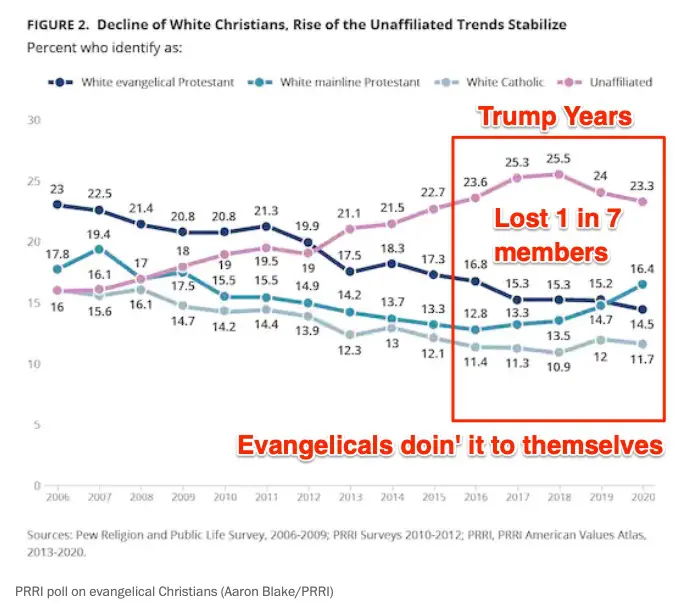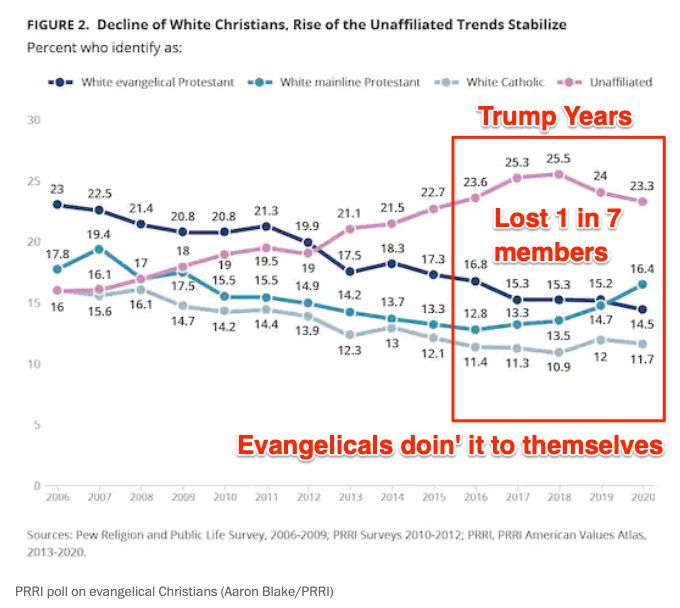The Council for National Policy is a conservative organization founded in 1981 by far-right Republican activists in the U.S. including Paul Weyrich, Richard Viguerie, Phyllis Schlafly, and Tim LaHaye to advance a Christian Right agenda in American politics.
Today, the CNP is enormously influential on the right and almost unknown on the left. Its secretive cabal designs policy for federal and state lawmakers to amplify or parrot, and they dutifully do. Members include a who’s who of the Trumpian rogue gallery, from Steve Bannon and Kellyanne Conway to Mike Pence, Jim Jordan, Cleta Mitchell, and of course, Ginni Thomas.
The CNP gave Mike Flynn an annual award. Then-President Trump spoke at their 2020 annual meeting. That tells you pretty much all you need to know about how dangerous and well-connected this organization is, and how great is the extent of the group’s influence on American politics — and it’s only the tip of the iceberg. Columbia University scholar Anne Nelson describes the primary impact of the group as “connecting the manpower and media of the Christian right with the finances of Western plutocrats and the strategy of right-wing Republican political operatives” in her excellent book, Shadow Network: Media, Money, and the Secret Hub of the Radical Right.
CNP and the Big Lie
They go to great lengths to conceal their activities, membership rosters, and connections within the corridors of Washington as well as in state legislatures and the judiciary. For more than 40 years the CNP has united the deep pocketbooks of right-wing donors with strategists, media campaigns, and activists. The group was deeply involved in both the efforts to overturn the 2020 election, leading up to and including the January 6 insurrection — from funding and planning to propaganda and “legal” challenges.
The CNP continues to press its narrow, historically revisionist ideas about America, including efforts to influence the 2022 midterm elections and, undoubtedly, the 2024 contest. In the quest to understand this fractious moment of bitter partisanship, the Council for National Policy is one of the secret keys to unlocking the true inner workings of the right-wing political machine.



